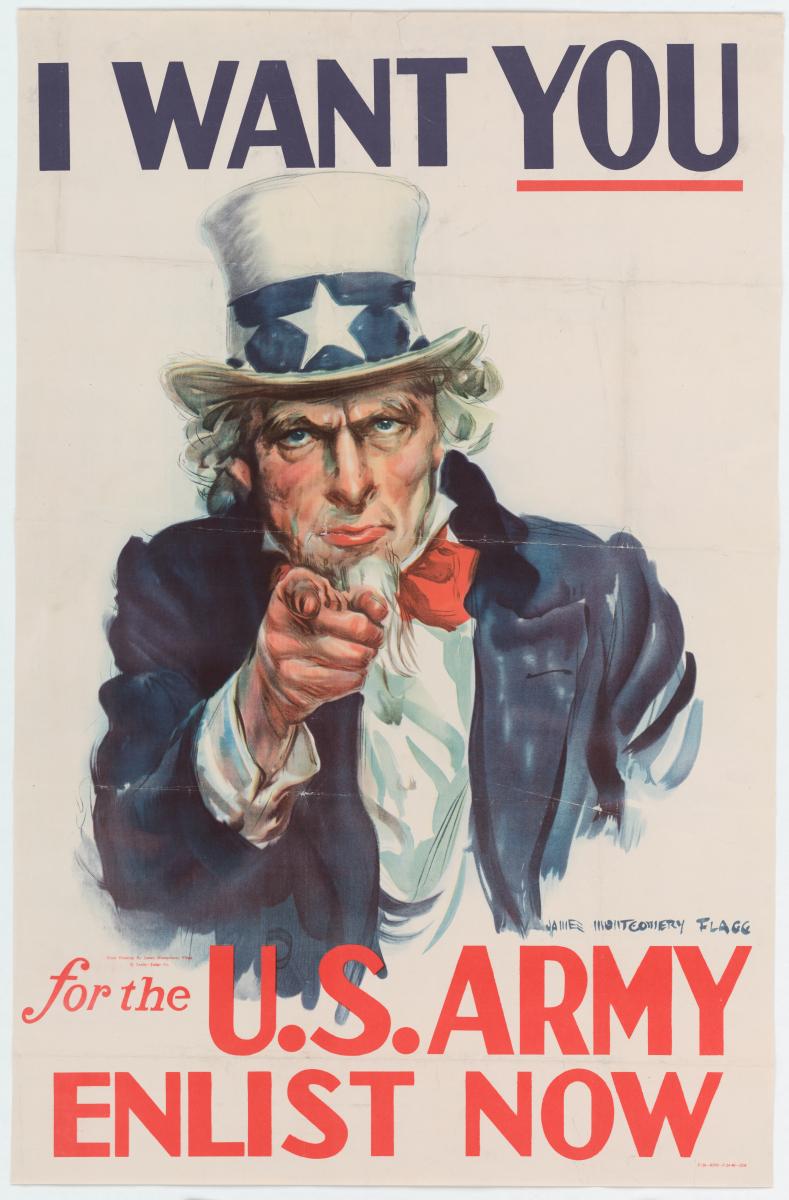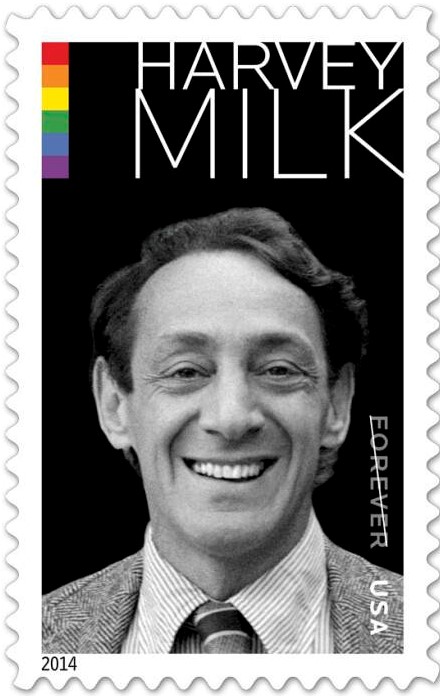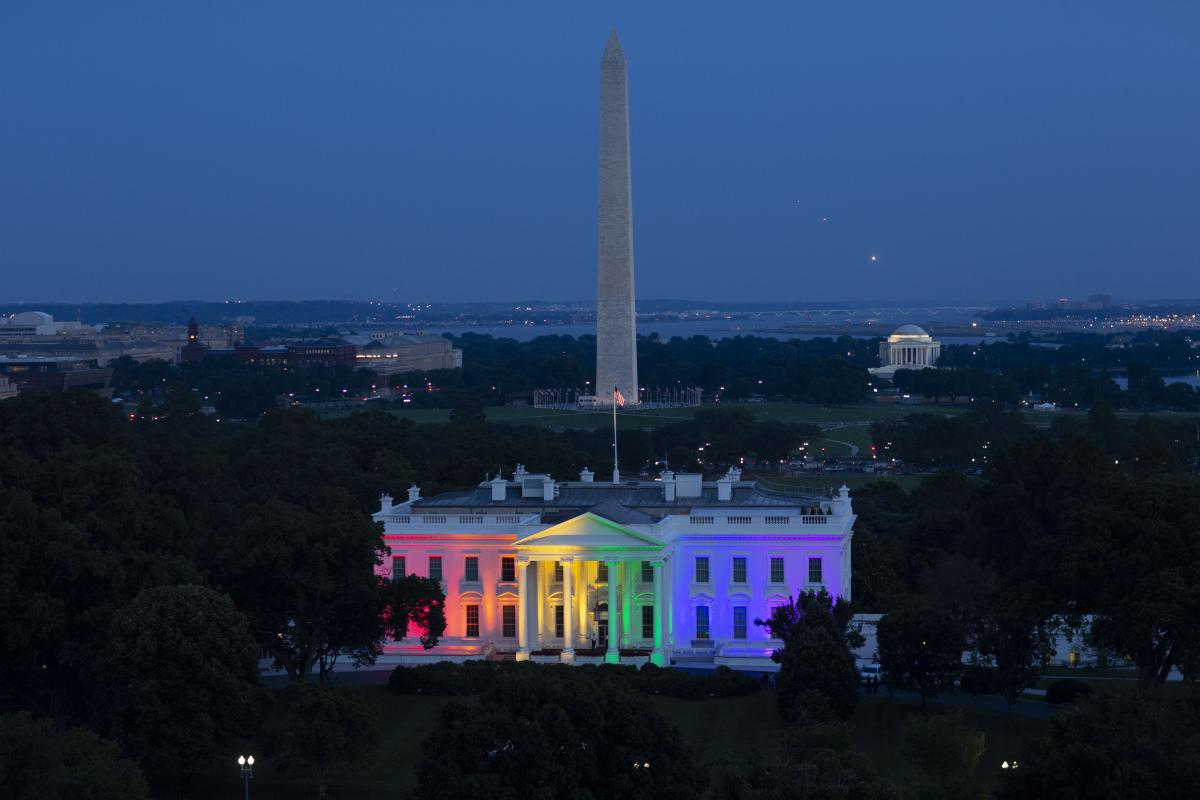
LGBTQIA+ Issues in Records at the National Archives
Lesbian, Gay, Bisexual, Pansexual, Transgender, Genderqueer, Queer, Questioning, Intersex, Agender, Asexual, Ally, and other queer-identifying community records
The National Archives and Records Administration (NARA) engages, educates, and inspires multiple audiences to discover and explore the records of the American people.
Its collection documents the experience of the full range of our diverse society, with records that constitute a rich documentary history of the experience of LGBTQIA+ individuals.
What are you researching?










